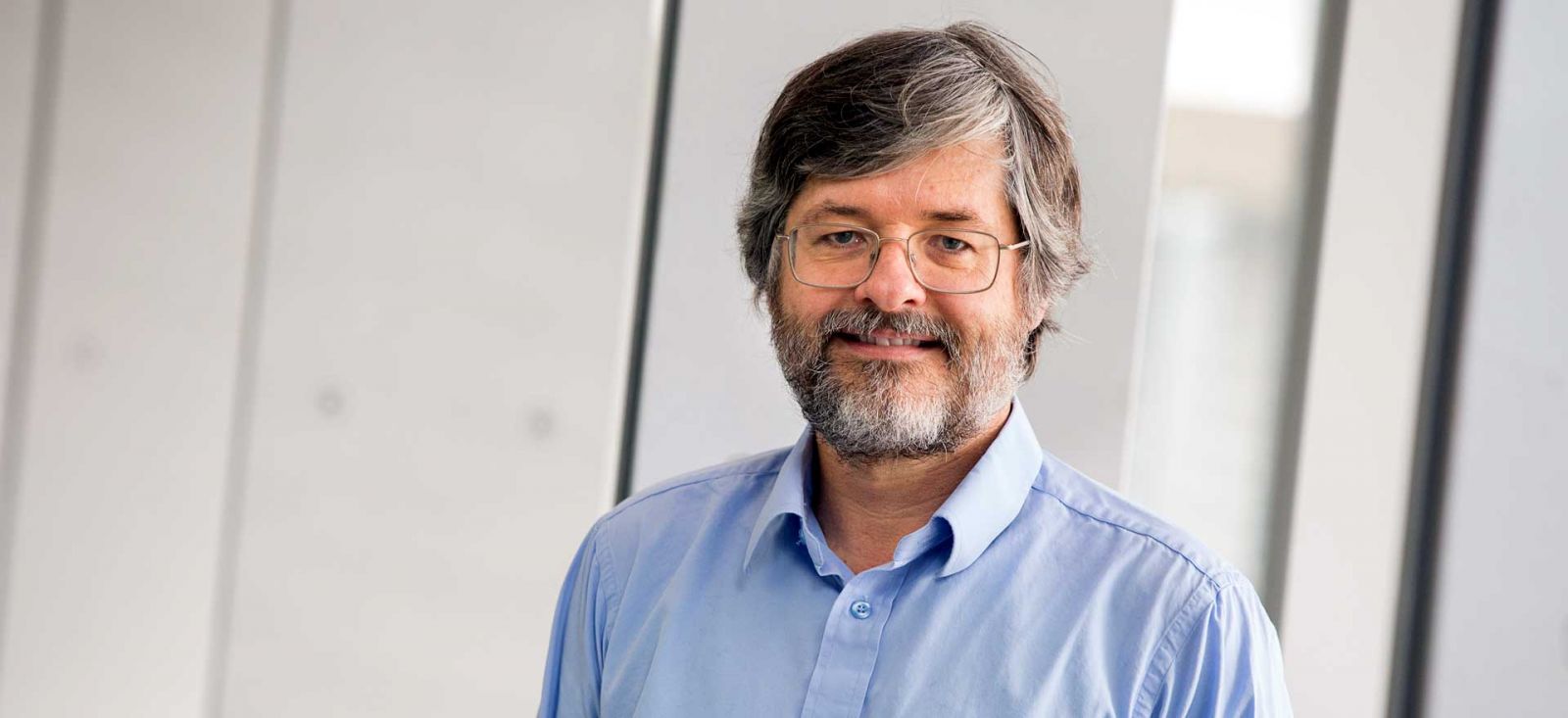Director's Blog - 11 August 2017 - Why a PhD?

A few weeks ago, I had the pleasure of addressing students from around Australia at the Fourth Annual European Molecular Biology Laboratory (EMBL) Australia PhD course at Monash University, Clayton, July 9 – 21. The course is a wonderful opportunity for students – exposing them to the latest ideas in molecular biology. I was asked to speak at the opening session entitled “Life in the field: leading scientists in the life sciences”. I was joined by Professor Nadia Rosenthal (Director of the Jackson Labs, USA), Professor Doug Hilton (Director of WEHI) and Professor Chris Mitchell (Dean, Faculty of Medicine, Monash University) where we shared our insights gained during our research careers.
One of the questions that many PhD students have is what happens after their PhD. In the course of a PhD, students become experts on their topic and can come to know more than anyone else about their chosen protein, molecule or other object of study. But many fear that this may not prepare them for a research career, or for any other career path.
The competitive nature of the science endeavour can leave many students feeling that if they cannot, or do not wish to pursue the academic research path, that they have failed in some way.
Furthermore, some people would argue that it is a waste of our society’s resources to invest in training such specialists, who then may not pursue a research path after completion.
In my view, nothing could be further from the truth.
PhD students from my own laboratory have gone on to pursue very disparate and fulfilling career paths, some in academia, but many in other professions.
A PhD is a challenging endeavour, where a student takes responsibility for their own project. They need to work independently and in teams to solve problems that no one else has ever encountered. To do this they need endurance, perserverence and grit. Problem-solving becomes a way of approaching the world.
A PhD trains your critical thinking skills like no other work. Students are constantly asked to question what they see, what they read and to be critical of their own work and that of their peers. The ability to think critically and clearly is highly sought after in many high level professions.
PhD students are constantly challenged to communicate their work to the outside world – from small groups of colleagues to an auditorium of international peers; from school children to journalists - honing their public speaking, oral and written communication skills.
From patent law, journalism, entrepreneurialism, politics, education or even as a committee member at your local school, these skills are required in all walks of life.
Most importantly, there is an urgent need for scientists to take up careers in science journalism, politics and school teaching, in particular, if we are serious about Australia being a “clever” country.
By delving into the depths of problems in the course of a PhD, a world of opportunity opens up to students.
Professor Michael Parker
Director, Bio21 Institute

